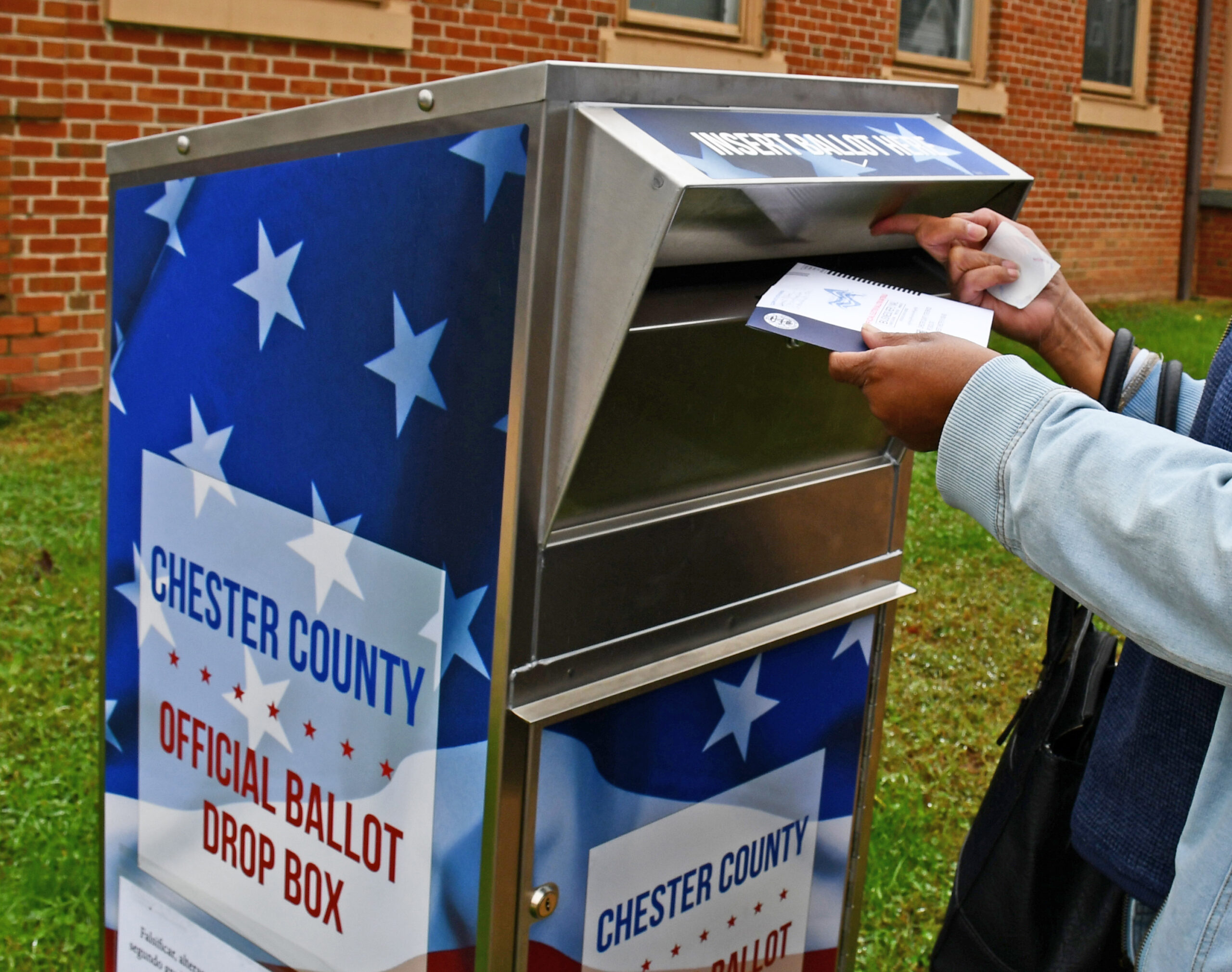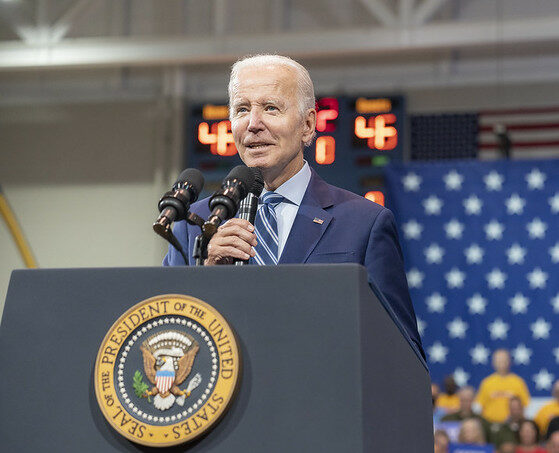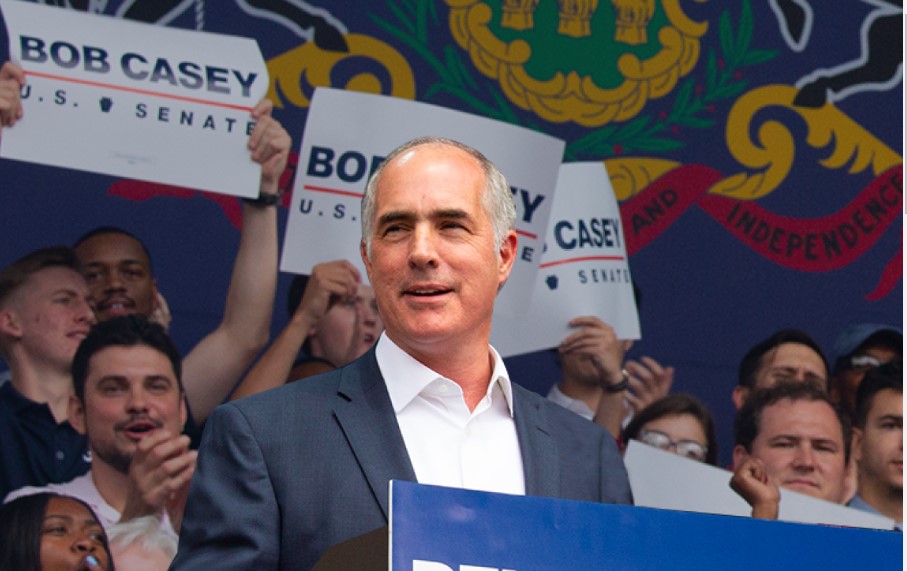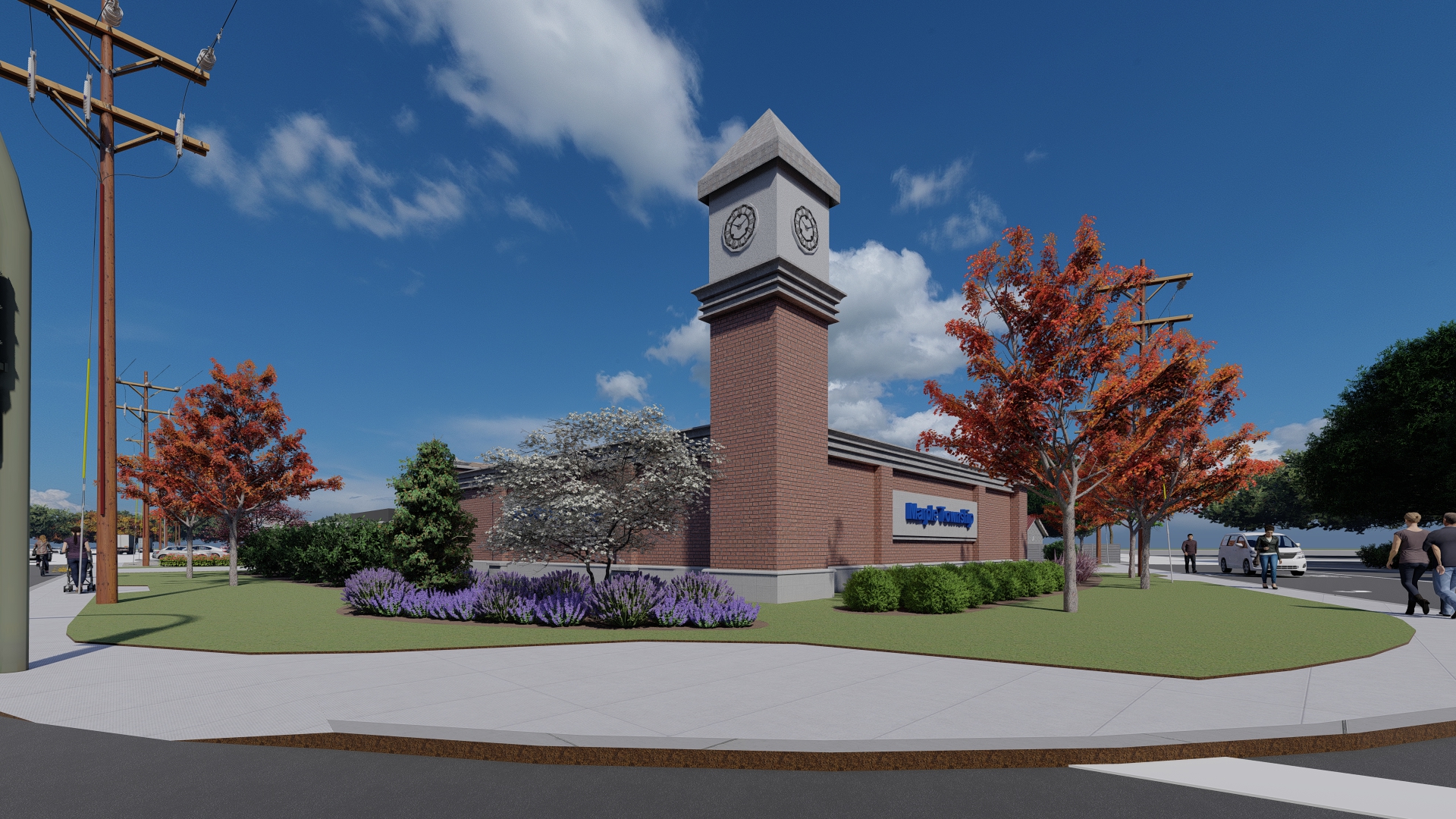FLURIE: It’s Unconstitutional to Cut Funding to Public Cyber Charter School Students

As board president of the Pennsylvania Coalition of Public Charter Schools (PCPCS) and a former president and CEO of a public cyber charter school, I am stunned by the overwhelming contempt projected by school district leaders and anti-charter school interest groups toward families who choose to enroll their children in a cyber charter school.
Public cyber charter schools do not hand-pick their students. They are public schools that are available to any child who resides in Pennsylvania.
Public cyber charter schools are as diverse as Pennsylvania: they have students and families from a variety of cultures, ethnicities, beliefs, and socioeconomic statuses; they often have a higher-than-average number of students who have disabilities, are struggling with mental health, are teen parents, are working full-time, are homeless, identify as LGBTQ+, or are low-income.
While unique in their own way, all public cyber charter school students have one objective in common: working toward securing their high school diploma to become responsible, productive citizens of society.
It has become fashionable to criticize those schools that give students an alternate pathway to achieving a successful future; however, it’s immature, irresponsible, and unbecoming of the same adults who are to set an example for our younger generations. Children and families are watching and witnessing the constant gnashing of teeth about the school that best meets their needs or provides them with the safety and security they desire.
Many of those who target public cyber charter schools were fortunate to have attended high-performing schools (maybe even private schools), lived in safe communities, and not experienced extreme poverty or the bullying and harassment that creates a barrier to learning.
Many families enroll their children in public cyber charter schools because they are the only alternative to their local school district. Many families cannot afford private school tuition, don’t have the means to relocate, or manage homeschooling because of employment.
There is no reason for these families to be criticized, patronized, or questioned for doing what they feel is in their children’s best interest. Pennsylvania’s public cyber charter schools provide students and families with a safe learning environment that ensures they will grow socially and academically.
I cannot fathom how cyber charter school families feel being at the center of this argument. The visceral attacks are only about money and never mention students.
Although public cyber charter school students already receive, on average, 30 percent less funding than their peers in school districts, anti-cyber charter advocates want even more.
On one side, opponents want to cut funding to cyber charter school students; on the other side, some are standing up for and defending the rights of parents to choose the school that best serves their children. I will always stand with students and families and defend their right to attend the school that best meets their needs.
Gov. Josh Shapiro, on February 6, proposed cutting funding to cyber charter school students by $262 million while at the same time proposing to increase funding to school districts by nearly $2 billion.
During his budget address, Shapiro stated, “We’ve got to invest more in our children, not less.”
He further said, “No school gets less than they did last year.” Public cyber schools will get less under his budget.
Last year, during an appearance on the Fox News Channel, he said, “The best way to ensure every child of God has a fair chance … is to ensure they have a proper education.”
Actions speak louder than words.
It is difficult to ascertain what our governor truly believes. His actions and words do not align with being pro-educational choice. That’s unfortunate because, when the governor took office, many were hopeful that he would expand and protect school choice options across the state, as has been done in numerous states nationwide. It’s no surprise that school choice is spreading rampantly: national polling studies show that nearly 75 percent of Americans of all parties overwhelmingly support school choice.
We’re only a few months away from learning who is on the side of students and families and who is on the side of special interest groups. If last year’s voucher fight is any indication, school choice opponents will fight hard to shut down public cyber charter schools.
Lawmakers and the governor need to review the mandate in the William Penn School District case handed down by the Commonwealth Court in February 2023: “The only requirement, [] imposed by the Constitution, is that every student receives a meaningful opportunity to succeed academically, socially, and civically, which requires that all students have access to a comprehensive, effective, and contemporary system of public education.”
Cutting funding to public cyber charter school students is morally wrong, ethically repugnant, and unconstitutional.
Let’s avoid another potential legal battle by leaving funding for cyber charter school students untouched. That’s the least we can do for our leaders and workers of tomorrow.











